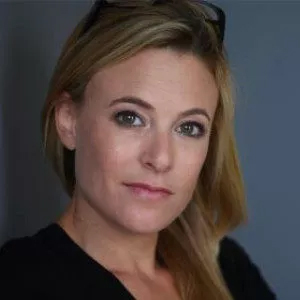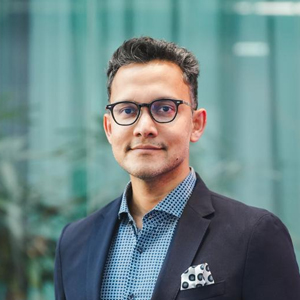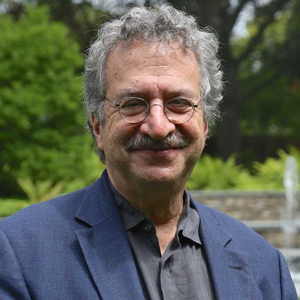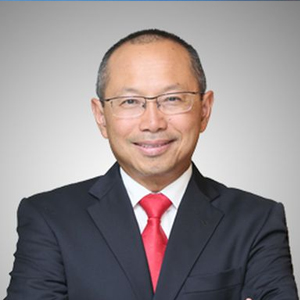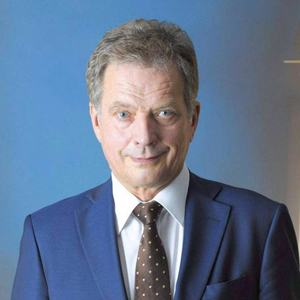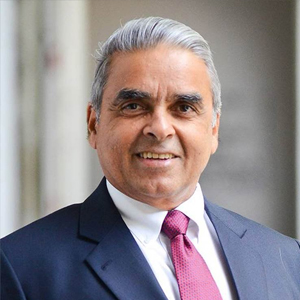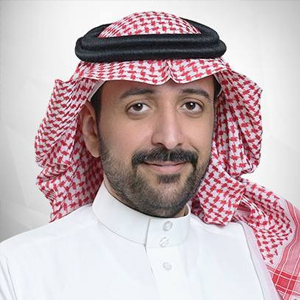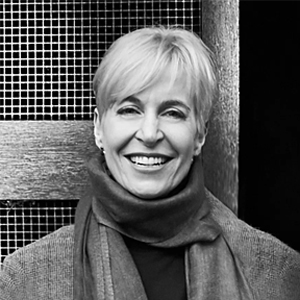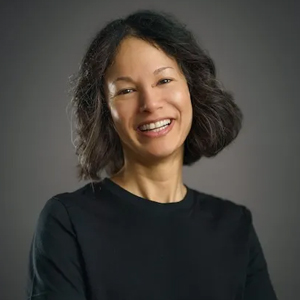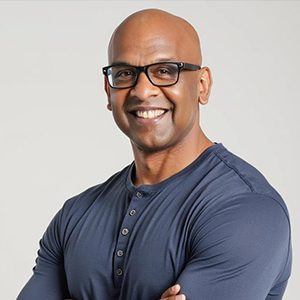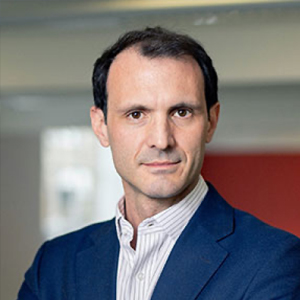Dr. Tali Sharot is a leading expert on human decision-making, optimism and emotion. She is a neuroscientist by trade, but Dr. Sharot combines research in psychology, behavioural economics and neuroscience to reveal the forces that shape our decisions, beliefs and inaccurate expectations of the future and how those can be altered (or sustained).
Both a visiting professor at MIT and an associate professor of Cognitive Neuroscience at University College London where she directs the Affective Brain Lab, Dr. Sharot is dedicated to answering such questions with an aim at identifying ways to encourage behavioural change that enhance well-being.
Dr. Tali Sharot is the author of “The Influential Mind” and “The Optimism Bias”. Both of which received the British Psychological Society Book award. Optimism bias is the belief that the future will be better, much better, than the past or present. And most of us display this bias. Neuroscientist Tali Sharot wants to know why: What is it about our brains that makes us overestimate the positive? She explores the question in her book The Optimism Bias: A Tour of the Irrationally Positive Brain, reviewing findings from both social science and neuroscience that point to an interesting conclusion: “our brains aren’t just stamped by the past. They are constantly being shaped by the future.” In her own work, she’s interested in how our natural optimism actually shapes what we remember, and her interesting range of papers encompasses behavioural research (how likely we are to misremember major events) as well as medical findings — like searching for the places in the brain where optimism lives.
Her papers have been published in top scientific journals including Nature, Science and Nature Neuroscience. This work has been the subject of features in many outlets including The New York Times, The Washington Post, CNN, the BBC and others. She has also written essays for Time (cover story), The New York Times and the Guardian among others.
Dr. Sharot’s work has been used by businesses to improve leadership skills, rethink messaging and refine strategy. She was a speaker at TED’s annual conference 2012 and held fellowships from the British Academy and Wellcome Trust. She received her Ph.D from New York University.
